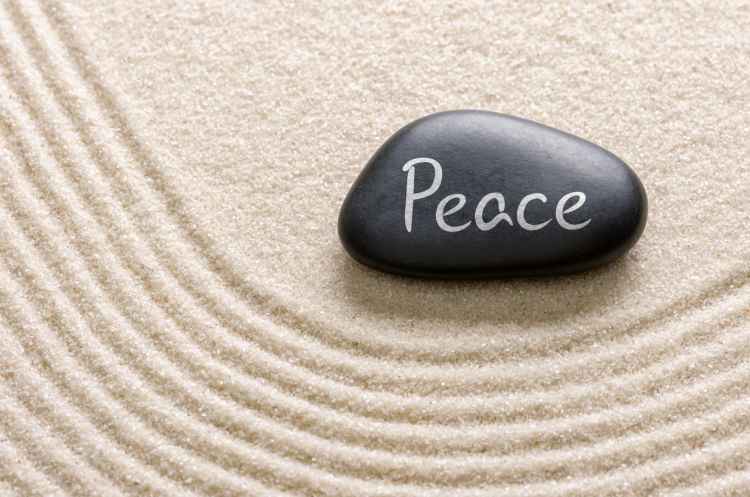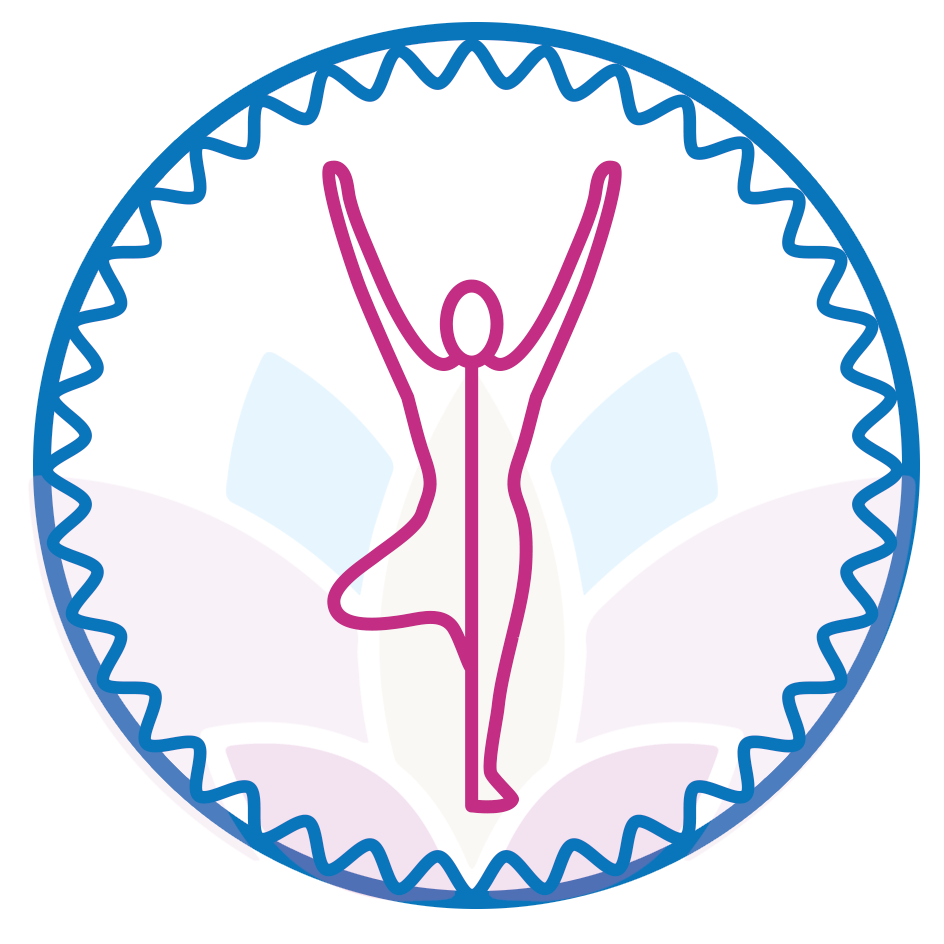
Equanimity can be the Key to Finding that Peace!
I have been vaguely aware of the term equanimity for some time. I heard about it in my yoga trainings and in HeartMath® sessions. This week it has popped up in my inbox several times. Considering what is going on in the world and many people’s personal lives, I realized that it was time to revisit this term for a deeper look.
The dictionary definition of equanimity is “evenness of mind especially under stress ‘nothing could disturb his equanimity’. 2: right disposition.”
So how do you maintain an evenness of mind when under stress? One thing that has worked for me is to refrain from blaming, complaining, and shaming others for whatever is going on in my own life. This is simple to say and not so simple to do. But it starts with awareness. Becoming aware of your own tendencies can help.
Mark and I were discussing our tendencies the other day. We jointly concluded that my tendency was to complain and his tendency was to blame. We challenged each other to catch ourselves during these moments and stop them in their tracks. In doing this, we needed to be careful not to shame ourselves or each other for these tendencies. It, is in fact, human nature. But these small subconscious habits can lead to less equanimity in our lives. In other words, it creates a disturbance in our mind, which can draw us out of balance or the right disposition for handling stress.

Equanimity Can Change your Internal Emotional Soundtrack
I participate in a lot of Facebook groups devoted to handling stress and chronic illness. An issue was brought up by a participant on the amount of noise they were facing daily where they lived. The noise, the participant wrote, was caused by inconsiderate neighbors, and it had been going on for years disturbing sleep, creating stress, etc. This person seemed very distraught and was seeking help. As I contemplated the situation, I remembered how equanimity helped me deal with tinnitus. The ringing in my ears got worse and worse as I focused all my attention on the sound.
I did everything in my power to get to the root cause of these issues to no avail. That is when I realized that equanimity was how I was going to deal with my tinnitus. It took me quite a while, but through practicing evenness of mind (neutrality) toward the issue, I became less and less affected by it. Over time with this “right disposition” to tinnitus, it lessened its hold on me. In fact, it became a source of curiosity and guidance for me. I learned that when my tinnitus was at a roar, I could quiet it down by taking a walk outdoors, doing yoga, meditation, and/or HeartMath® practices. I started thinking of my tinnitus as a lovely chorus of grasshoppers on a summer evening, and miraculously it would become a symphony that could lull me to sleep.

Becoming a Boulder of Balance in an Imbalanced World
Equanimity allows the cacophony of a dissonant world to continue around you while you learn to remain in a balanced or centered state. I heard one expert this week describe it as being like a large boulder in a fast-moving stream or a hundred old tree able to withstand the winds. This not only helps you feel better in the short term, but it can contribute to resilience in the long term. What’s more, you can become a pillar of strength for those around you.

HeartMath® has a Great Practice for Developing Equanimity
We all have the ability to come to this centered place if we put our attention, hearts, and mind into it. Here is a HeartMath® practice called the Freeze Frame which can help.
Step 1) Acknowledge the issue that is disturbing your equanimity and write down any feelings you have about the issue.
Step 2) Start your Heart focused breathing—breathing in and out of the heart area slower and deeper than usual.
Step 3) Activate a renewing or comfortable feeling such as care, compassion, appreciation for someone or something in your life.
Step 4) From the more centered place, ask your heart what would be a more efficient or effective way to handle whatever situation is disturbing your equanimity.
Step 5) Listen for the answer. If it comes quickly, then be sure to write it down. If it does not, you may get your answer later during a walk, a shower, or after you wake up in the morning. Make a commitment to follow through on what came up during the Freeze Frame.
You may end up realizing that you cannot do anything about the issue other than changing your attitude or emotional reaction to the issue. Here is a short Freeze Frame practice I shared with teachers this summer. Check it out to see if it helps.
May we all find equanimity within ourselves to improve our own lives and be able to share our strength with others.
Namaste,
Andrea



